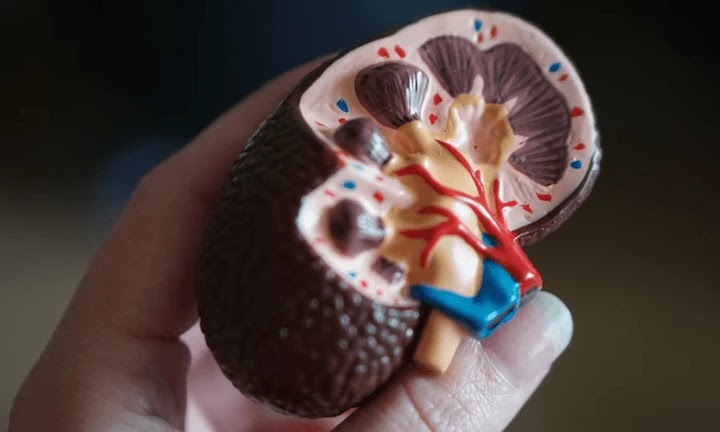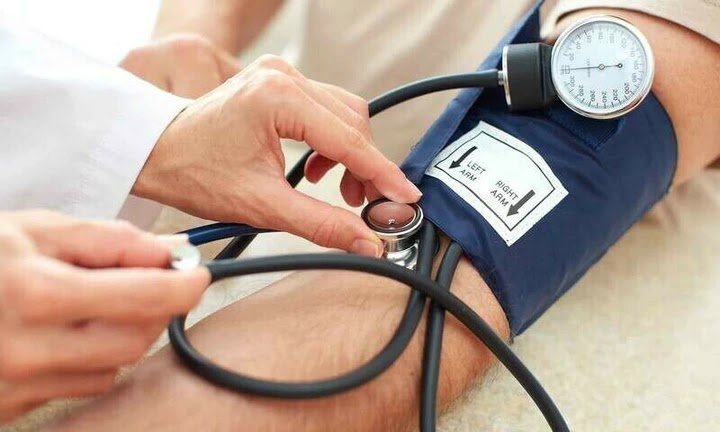How does the high amount of caffeine in coffee interact with these medications?
Of course, coffee makes you awake and alert, stimulates the digestive system and many people take some medicine with coffee instead of water because of laziness and laziness in the morning, but do you know how harmful it is? Can be proven?
Because coffee contains a large amount of caffeine, it interferes with the absorption of various nutrients such as iron.
So experts advise to avoid coffee or black tea after meat meal.
Additionally, caffeine can interact with various medications and affect how they work.
Antidepressants
The use of antidepressants has increased dramatically in recent decades, with the drug becoming the most common drug for people in their 20s and 30s. If you are taking these essential medications, it is important to understand how coffee can affect their absorption and effectiveness.
Caffeine is known to affect the absorption of certain antidepressants such as fluvoxamine, amitriptyline, escitalopram, and imipramine.
In some cases, caffeine can reduce the absorption of the active ingredients of these medications.
Conversely, studies show that fluvoxamine can improve the body's response to caffeine, reducing its side effects such as insomnia and increased heart rate.
If you are on antidepressants, wait at least an hour after taking them before drinking coffee or consult a qualified medical professional.
Blood pressure medications
It is well known that caffeine increases heart rate and can affect blood pressure. Thus, combining caffeine with high blood pressure medications may be harmful. These drugs usually work to slow the heart rate and reduce the burden on the heart to pump blood to all the cells in the body.
Research shows that drinking coffee while taking medications like amlodipine can interfere with the absorption of the medication and possibly impair its effectiveness. Although this is usually not life-threatening, this combination should be avoided.
Asthma medications
If you have asthma and use bronchodilators such as aminophylline or theophylline, it is important to understand how these medicines work and what effects they have on the body.
Bronchodilators containing steroids relax the airways, making breathing easier, but can cause side effects such as headache, restlessness, stomach pain and irritability.
Studies show that drinking coffee and other caffeinated beverages can increase the risk of these side effects and in some cases reduce the absorption of medications.
Diabetes medications
According to a study by the American Diabetes Association, consuming any type of caffeinated beverage can increase insulin and blood sugar levels.
This study, although relatively small, suggests that increased caffeine consumption may improve blood sugar control and increase the risk of diabetes-related complications.
It's important to note that adding milk and sugar to your coffee, as most people do, can further raise blood sugar levels, potentially inhibiting the effectiveness of diabetes medications.
Cold and allergy medicine
Unlike the other medications on this list, most of us don't take any medications regularly to treat colds and allergies. But these drugs may contain ingredients such as steroids or pseudoephedrine hydrochloride that increase central nervous system activity.
When consumed with coffee, these drugs can increase their effect on the central nervous system, increasing the risk of common side effects such as anxiety, irritability, and sleep disturbances. If you are taking these medications, consult a health care professional about how to use them safely.






















